SSTL and UK Armed Forces Join Forces to Launch New Surveillance Satellite, Enhancing Global Monitoring and Security Capabilities
The UK armed forces will soon benefit from cutting-edge space technology thanks to a newly signed £40 million deal for a military satellite. Led by Surrey Satellite Technology Ltd (SSTL), the project will create around 200 skilled jobs, boosting the UK’s space industry and supporting economic growth.
An artist impression of JUNO.
Minister for Defence Procurement and Industry Maria Eagle remarked:
“The contract for Juno shows the UK’s commitment to grow one of the most innovative and attractive space economies in the world and keep our competitive edge in space science and technology. Juno will not only support Armed Forces personnel deployed globally, but also support highly skilled jobs, delivering on the government’s growth mission.”
The satellite, named Juno, will be equipped to capture high-resolution daytime images of Earth, enhancing the UK’s Intelligence, Surveillance, and Reconnaissance (ISR) capabilities. Scheduled for launch in 2027, Juno will feature state-of-the-art imaging sensors and will follow Tyche, the Ministry of Defence’s first defence reconnaissance satellite, which was launched in August on SpaceX’s Transporter-11 mission.
Andrew Cawthorne, Managing Director, SSTL, commented:
“We’re incredibly proud that the Ministry of Defence has again placed its trust in SSTL to deliver the UK’s next sovereign intelligence, surveillance, and reconnaissance spacecraft.
“Juno will offer a step change in imaging capability over Tyche, SSTL’s demonstrator spacecraft which launched in August and is now being operated for UK Space Command. We look forward to continuing our successful relationship with UK Space Command, DE&S, and Dstl, and playing a leading role in delivering the UK Defence Space Strategy.”
Juno and Tyche represent the first two projects within the £127 million MINERVA project and are part of the Ministry of Defence’s larger space-based ISR programme, ISTARI. With a budget of £968 million, ISTARI aims to establish a constellation of satellites with supporting ground systems by 2031. These satellites will aid military operations by tracking adversary movements and will also assist in government initiatives such as disaster response, environmental monitoring, and climate change impact assessment.
“With Tyche in space, and Juno now on contract, UK Space Command’s ISTARI programme is making great strides, showcasing innovation and collaboration across government and industry,” said Air Chief Marshal Sir Rich Knighton

